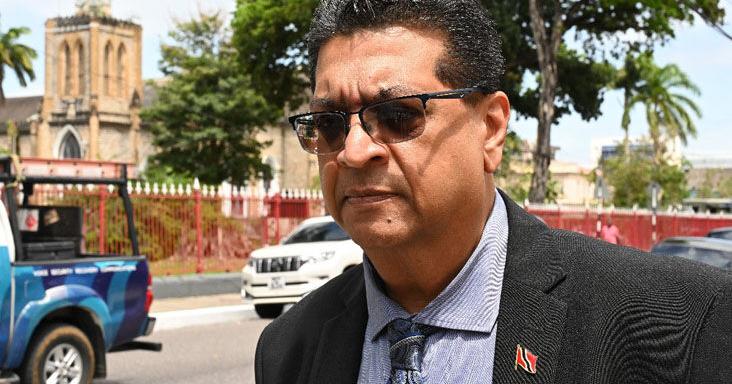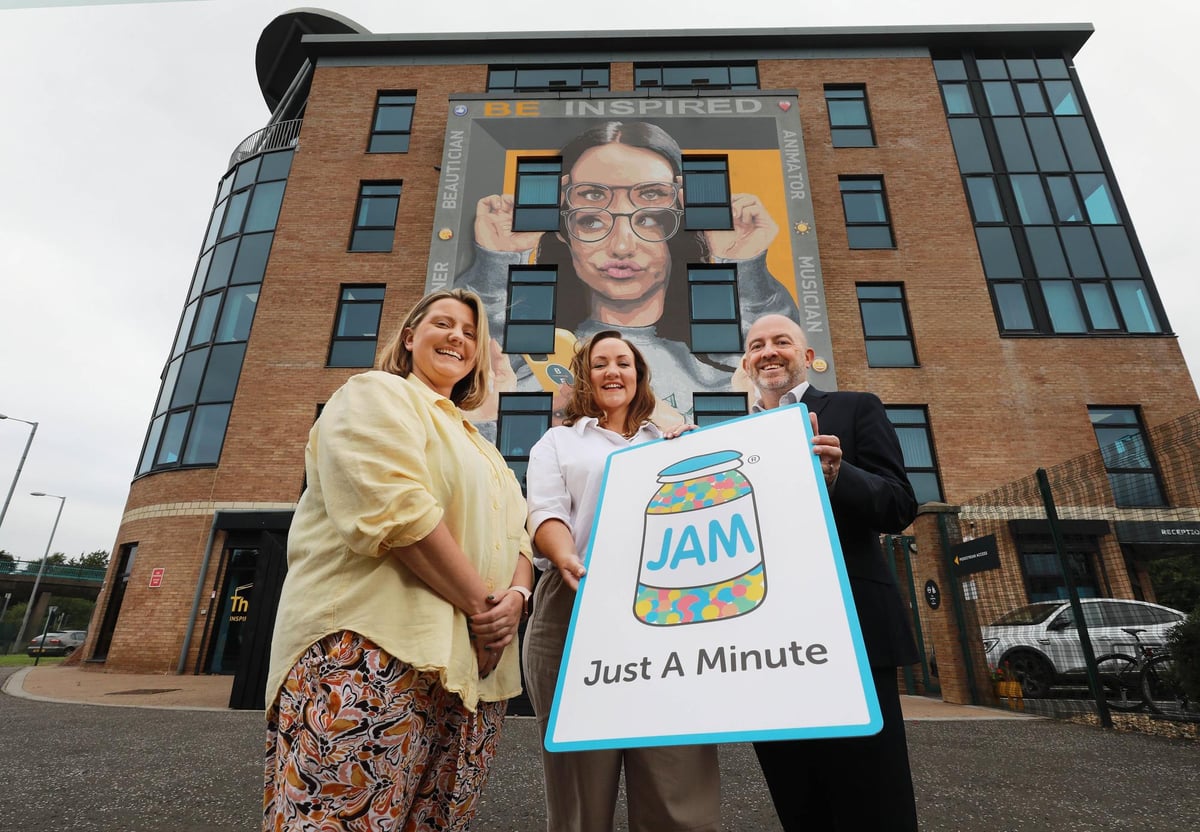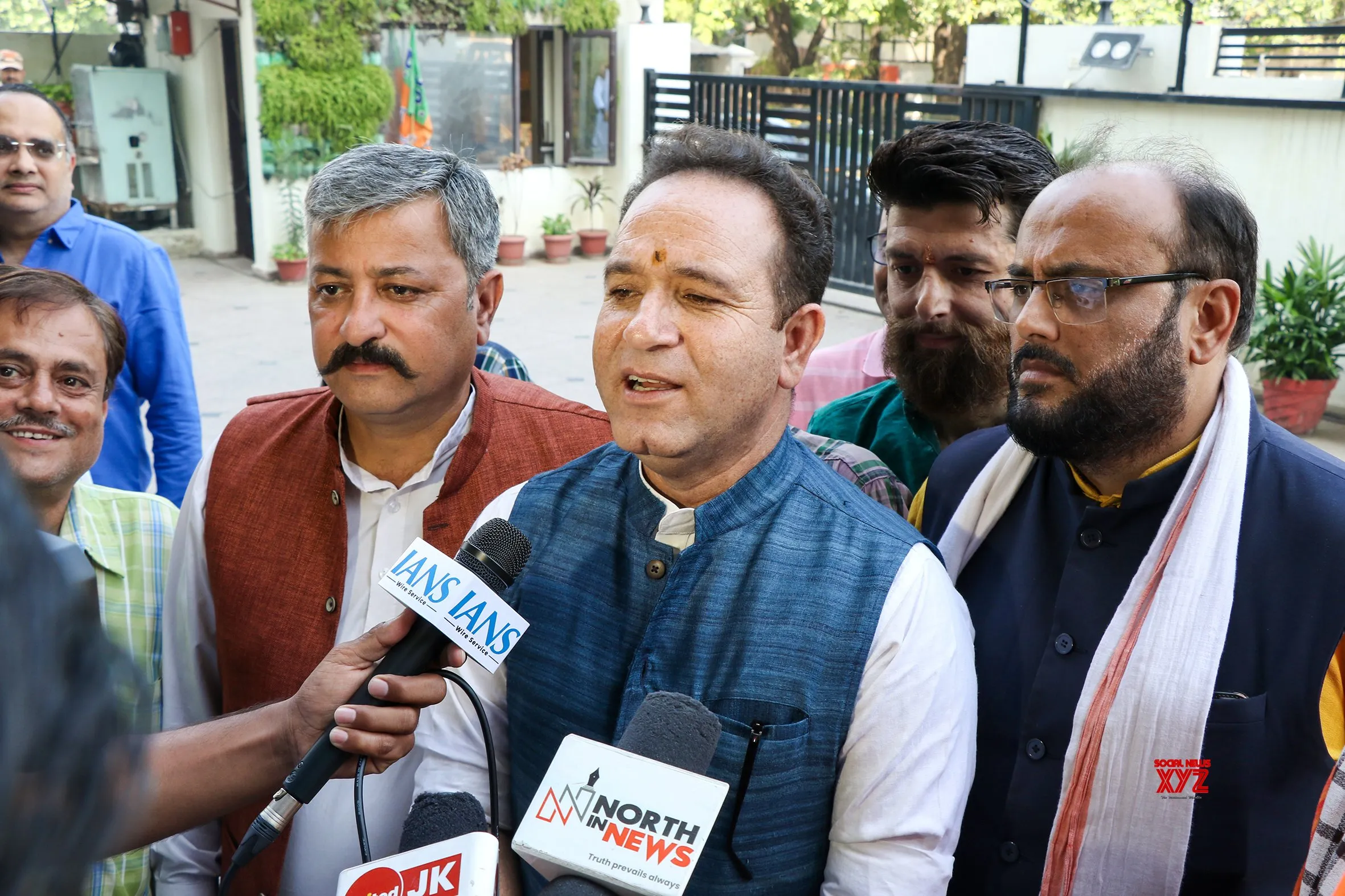Copyright trinidadexpress

Trinidad and Tobago is designing poverty policy on shaky ground. Recent editorials and public discussions on welfare reform have repeated official poverty statistics suggesting that less than 1% of the population is poor. These figures come from the United Nations Multidimensional Poverty Index and are used internationally to benchmark living standards. They give the impression that poverty is marginal. But the reality on the ground tells a very different story. The Land Settlement Agency has publicly stated that there are more than 60,000 squatting families in this country. That is roughly a minimum of 120,000 people living without secure tenure, often in informal communities with limited access to reliable services and stable incomes. These families represent some of the most vulnerable groups in the country. It is impossible to reconcile this scale of squatting with the claim that only a few thousand citizens are poor. The gap exists because the international poverty measure does not fully reflect local conditions. A family may have a water tap, an electrical connection and children in school—but still live on marginal land with no title, no legal security, no formal employment and a high level of economic risk. Under the current poverty definitions they would not be counted as poor, even though they face daily hardship. This weak data environment creates a policy problem. Government programmes and budget allocations appear to be built around those low figures. There is no evidence that the State has produced or used more current or comprehensive poverty assessments. No serious local poverty survey has been done in years. The official numbers are accepted by default. The result is a welfare system structured around a narrow beneficiary base that does not match the scale of actual need in the country. This is not only a data problem. The delivery system itself is leaking. Over the past three years more than $50 million in welfare funds have been lost to fraud and abuse at the Ministry of the People, Social Development and Family Services. Stolen food cards, ghost beneficiaries and insider manipulation have all been reported. Verification systems are weak, and prosecutions are rare. This makes it easy for politically connected insiders to take advantage while many genuinely vulnerable citizens receive little or no support. It is fair to ask whether the ministry, in its current structure, is fit for purpose. The National Insurance Board of Trinidad and Tobago already manages pensions, benefits and grants with stronger administrative systems, better-trained staff and digital infrastructure. Shifting the delivery of core welfare programmes to NIB would allow for proper verification and tighter auditing. It would also send a clear signal that social assistance is a structured national service, not a political giveaway. None of this will work unless the country fixes the foundation. Trinidad and Tobago does not have reliable, up-to-date poverty data. It has been operating on inherited international figures and outdated surveys. This must change. The Government should bring the National Statistical Office legislation to Parliament urgently. A properly empowered NSO can conduct regular national household surveys, collect data on informal settlements, map income vulnerability and build a credible evidence base for policy-making. A modern statistical system would also create jobs. At least 2,000 well-paying positions could be generated for survey enumerators, statisticians, data scientists, GIS technicians and administrators. These are high-value, stable jobs that strengthen national institutions and allow the State to plan with confidence. We cannot keep building policy on sand. The official poverty statistics do not match the lived experiences of tens of thousands of citizens. Squatter communities, informal workers and low-income households remain invisible in official numbers, and that invisibility has shaped weak welfare policy. The State must acknowledge the data gap, restructure welfare delivery and invest in a serious statistical foundation. Without accurate poverty data, no social programme will ever truly reach the people who need it most. —Author Rushton Paray is former Mayaro MP.



